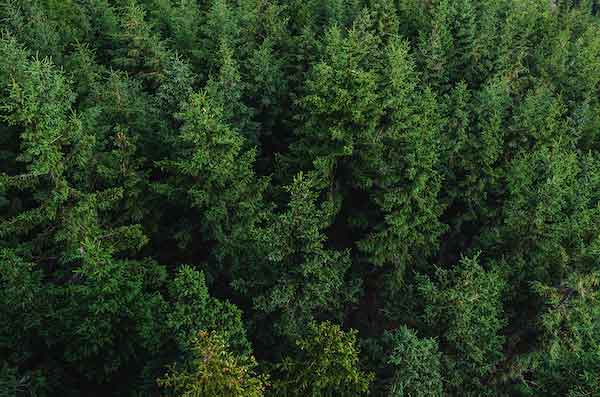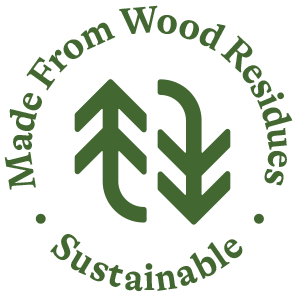Case study
Yealands Estate Wines compost initiative for using grape marc
The Yealands Estate composting initiative exemplifies how targeted sustainability practices that repurpose winery by-products can prove beneficial.
- CustomerYealand Estate Wines
- Product usedViticulture Bark Fines
Overview
Yealands Estate Wines, situated in Seaview Vineyard, Marlborough, New Zealand, is a leader in sustainable viticulture practices. Craig Vanstone, National Supply Manager, is at the forefront of these initiatives. The estate is actively pursuing a carbon-neutral goal by 2030. A key component of this initiative is the transformation of grape marc, a by-product of winemaking, into compost for vineyard use.
Background
Grape marc, consisting of grape skins, seeds, and stems left after juice extraction, has traditionally been viewed as waste. Yealands, however, identified it as a valuable resource, aligning with their sustainability objectives. Establishing an on-site compost facility became a pivotal part of their strategy to manage this by-product and return it to the soil.
Challenges
One of the primary challenges faced was the sheer volume of grape marc. Without a proper solution, this accumulation could have posed significant operational and environmental problems. The decision was made to process the grape marc into compost, enriching their vines and, ultimately, closing the loop in their waste management system. Navigating logistics, obtaining necessary consents, and ensuring process efficiency added further complexity.
Assessment
The composting process at Yealands involved blending grape marc with Azwood viticulture bark fines, which introduced harder carbon elements, enriching the compost and enhancing soil structure, particularly on ridgelines with poor topsoil. Given the hilly terrain of Seaview Estate, composting plays a crucial role in improving the soil’s microbial activity and overall health. Through strategic partnerships, notably with specialists from Azwood, Yealands gained critical insights into temperature management and process optimisation, accelerating their ability to produce high-quality compost.
Craig highlighted the utility of insights gained from Azwood, noting that their expertise in the subtleties of temperature management and process optimisation accelerated Yealands' ability to produce high-quality compost efficiently.
Outcome
Since implementing the composting facility, Yealands has experienced significant improvements in soil health, water retention, and vine vitality, especially on challenging ridgelines. The aerobic composting process has reduced odour and sped up decomposition. The collaboration with Azwood proved vital in achieving these positive outcomes.
Conclusion
Yealands Estate’s composting initiative illustrates how wineries can successfully transform by-products into valuable resources. Their progress towards carbon neutrality demonstrates the power of sustainability practices in improving vineyard health, reducing waste, and promoting environmental responsibility. Their partnership with Azwood has been crucial in achieving these outcomes, showcasing the importance of expertise and collaboration in environmental innovation. Craig Vanstone encourages other wineries to adopt similar strategies, emphasizing the importance of collaboration with industry experts.
Compost range
Item 1 of 6
Related articles
Item 1 of 3

Social media
More from Azwood
Follow us on social media to stay connected and be the first to hear our latest news.


